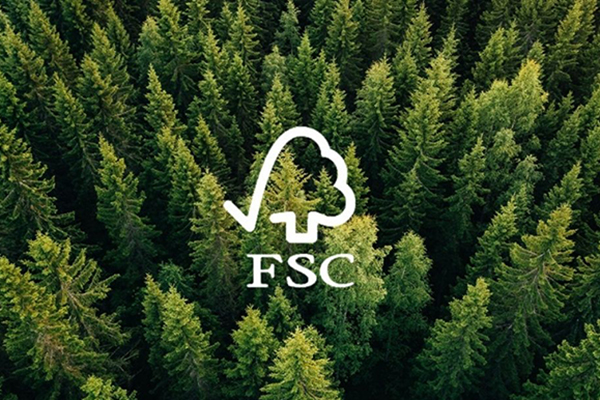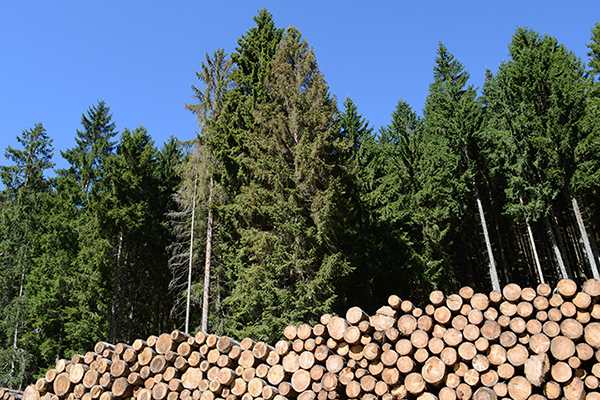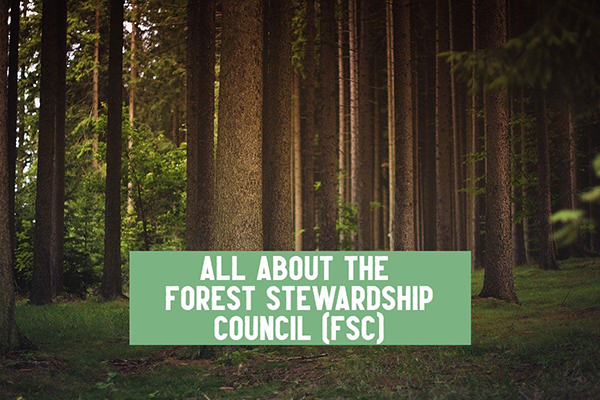Q: What is FSC certification?
A:FSC (Forest Stewardship Council), referred to as FSC certification, the Forest Management Evaluation Committee, is a non-profit international organization initiated by the World Wide Fund for Nature. Its purpose is to unite people all over the world to solve the problems caused by improper logging. forest damage and advocate for responsible forest management and development. Therefore, FSC certification is the entry threshold of the World Forest Trade Network (GFTN).

Q:Is FSC certification mandatory for the export of wood products?
A:Yes. Since the EU Timber Regulation (EUTR) was officially implemented in March 2013, the 27 EU importing countries have stricter management of wood products, requiring risk assessment of wood products. Among them, passing FSC certification (FSC-COC certification) is a simple and effective way. In addition, the United States, Australia, Japan and South Korea also require this certification. At present, more and more factories and trading companies apply for FSC certification for wood products exported to developed markets such as Europe and America.
Q:Enterprises in which industries can apply for FSC certification?
A:All raw materials derived from wood or bamboo, or forest products can be certified by FSC. The industries we counsel most include papermaking, printing, packaging, furniture, building materials, handicrafts, flooring and other raw materials such as bamboo, flowers, rattan, fiber products production plants and trading companies.

Q:Do traders need to be FSC certified?
A:Yes, FSC certification is a certification for the forest supply chain. From logs to final products, any production, processing, and sales factories/companies involved in this process need to undergo FSC certification, and traders are no exception. This and other projects For example, in foreign trade inspections, all factories are audited, which is obviously different.
Q:How long is the FSC certification generally valid?
A:Valid for 5 years, but annual review must be carried out every year.
Q:What conditions do factories/traders need for FSC certification?
A:For factories/traders who want to apply for FSC certification, their raw material suppliers need to have FSC certification certificates. At present, some audit agencies recognize the simulated FSC product procurement without the actual procurement of raw materials during certification. However, it is still recommended that factories/traders make actual purchases, and be familiar with the entire FSC material procurement and internal operation process, so as to facilitate the actual operation after obtaining the certificate.

Q:What is the role of FSC certification?
A:①Effect on the environment
Doing FSC forest certification can have a good impact on the environment to a large extent.
Mainly reflected in the following points: 1. Reduce forest destruction and waste of limited resources; 2. Protect endangered species and the ecological environment; 3. Better maintain the ecological function of the forest and the integrity of the ecosystem, thereby promoting the sustainable development of the forest. Sustainable development; 4. Protect biological diversity, but also protect water resources, soil and our fragile ecosystem; 5. Improve the utilization mode of forest resources to make it develop towards the optimal direction.
② Effect on society
In fact, the role of FSC forest certification on society is nothing more than two points. One is to allow both parties to gain mutual respect, and the other is to better realize the allocation of human resources after the two parties have established a good channel.
③Effect on the economy
To put it bluntly, it is beneficial to the enterprise to play a role in the economy.
For enterprises, first, it can improve the development space of the enterprise itself; second, it can increase its competitive advantage, maintain or increase market share by strengthening the basic management and environmental management of the enterprise, and at the same time be able to produce differentiated products; third, it can improve The social image of the enterprise helps the enterprise expand international channels and obtain more support, including support from other enterprises and the government; the fourth is to strengthen the basic management and environmental management of the enterprise. In this respect, it is not only beneficial to the enterprise but also to the environment. There are also many benefits.


